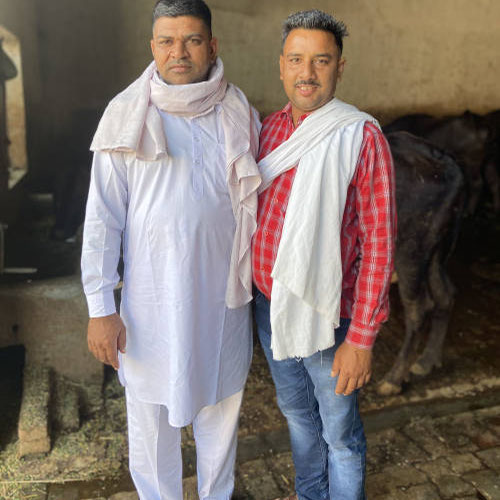“We have saved nearly 30 per cent water and the yield of paddy has increased, leading to an additional revenue of nearly Rs10,000 per qila of land. All this has been possible since we began following the sustainability initiatives of LT Foods, since 2016,’’ says Madan Pal, a 50-year-old farmer from Dhand village in Haryana. Madan Pal has nearly 12 acres of land and alternates between growing basmati rice and wheat in his fields. LT Foods, which sells rice under the brand Daawat, is a Rs4,500 crore company. It has introduced sustainability farming practice amongst the farming community across India. They work with 60,000 organic farmers, cultivating 80,000 hectares of land. The objective is to help in conserving water and improving farmers’ revenues. Their efforts have led in conserving 48 billion litres of ground water, 30 per cent less greenhouse gas emissions, due to combined effect of water and fertiliser reduction through use of water-saving technologies like laser levelling, micro-irrigation, alternate wetting & drying (AWD) and direct sowing. Farmers’ incomes have improved by 15 per cent. The company has spent over Rs50 crore on their sustainability initiatives during the last five years. Their annual spend is in the range of Rs12 crore to Rs13 crore. This is in addition to what they spend on CSR annually. “I own about 6.5 acres of land and my yield has improved drastically,” says a 39-year-old farmer Ram Nivas. “We have also been made aware of the types of pesticides we should use and we buy the most reliable brands, thanks to LT Foods”. There is a proprietary mobile app, remote sensing, drones and machine sprays for pest management -amongst a host of other things that is helping these basmati rice producing farmers. Adding farmers’ income LT Foods claims that their efforts would have added an additional Rs60-70 crore annual income to organic farmers. These are small farmers with less than one hectare holding, which would translate into at least an extra income of Rs8,000. To monitor and control the farming practices, a team of 45 field officers, who are graduates in agriculture, are allocated certain tracks of land, responsibility of certain villages and farmers for one-on-one interactions to ensure that the output confirms to pre-determined requirements. Each field office handles 70-150 farmers and 3,000 acres of land. “Our objective is to make the farmer aware of the best practices – which will help them conserve natural resources like water and improve their production,” says Vikram, a field officer in Dhand village. He says he is always a phone call away for any queries raised by the farmer. They have distributed AWD pipes to all the farmers they work with, free of cost in Dhand village. Besides, masks and PPE kits too are given away for free. LT Foods has become the first company globally to be certified with the highest level of certification – L3 – by a UN backed Sustainable Rice Platform (SRP) ecolabel. They can now use the SRP verified logo on the packs of rice produced by verified farmers growing sustainable rice. This endorses their commitment to sustainability in all aspects of business from ‘farm to fork.’
-

LT Foods helps farmers practise water-saving technologies to increase their income


































